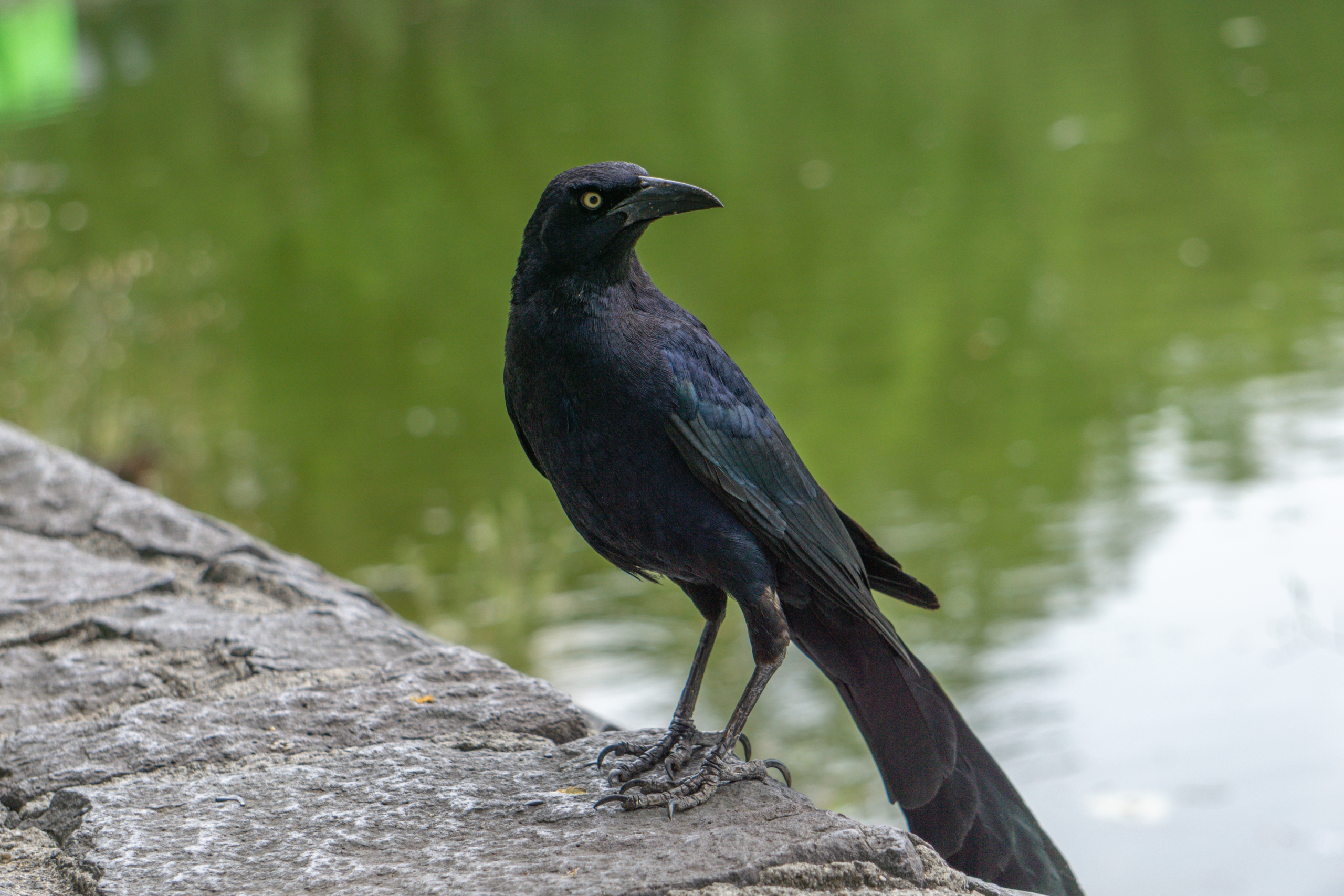Are you fascinated by the idea of having a raven as a pet? These brilliant birds have captured human admiration for centuries with their problem-solving abilities and playful personalities. However, owning a raven as a pet comes with unique challenges that require careful thought. In this guide, we’ll explore everything you need to know about keeping a raven as a pet, from legal considerations to training tips.
1. What Makes Ravens Unique Pets?
Why Choose a Raven as a Pet?
Ravens are not your average bird. They possess extraordinary intelligence, rivaling that of some primates. Their ability to mimic sounds, solve puzzles, and form bonds with their owners makes them truly remarkable companions. However, ravens require mental stimulation and space to thrive, unlike traditional pets.
For more insights into exotic pets, check out our post on Exotic Pets as Emotional Support.
2. Legal Considerations
Can You Legally Own a Raven?
Owning a raven as a pet is not straightforward. Many countries and states prohibit keeping ravens as pets without a specific permit due to their status as wild birds. Additionally, ethical considerations about taking these highly intelligent creatures out of the wild play a significant role in ownership laws.
To learn more about ethical pet ownership, visit our article Can Cats Be Emotional Support Animals?
3. Housing and Environment
How to Create a Suitable Habitat for Your Pet Raven?
Ravens require large enclosures with ample space for flying and climbing. Outdoor aviaries with environmental enrichments like climbing structures, mirrors, and toys are ideal. Keeping a raven in a small cage can lead to stress and health issues.
Explore tips for pet care in our post on Ducks as Pets: Benefits and Breeds.
4. Feeding Requirements
What Do Ravens Eat?
In the wild, ravens are omnivores, eating everything from fruits and grains to insects and small mammals. As pets, they require a varied diet that mimics their natural intake, including fresh fruits, vegetables, lean meats, and grains. Avoid processed foods and anything toxic, like chocolate or avocado.
For more information on pet nutrition, check out Low-Maintenance Pets and Their Emotional Benefits.
5. Training and Interaction
How to Train and Bond with a Raven?
Ravens are highly trainable. Use positive reinforcement to teach them tricks, words, or mimicry. They also need daily interaction to stay mentally stimulated. Without proper socialization, ravens can become destructive or aggressive.
Learn how training benefits emotional bonds in our guide to Therapeutic Dogs for Autism Support.
6. Health and Lifespan
How to Keep Your Raven Healthy?
Ravens can live up to 30 years in captivity, provided they receive proper care. Regular veterinary checkups, a balanced diet, and a clean environment are critical to their well-being. Watch for signs of stress or illness, such as feather plucking or reduced activity.
For more on long-term care, read our article on Animal-Assisted Therapy Techniques.
7. Challenges of Owning a Raven as a Pet
Is a Raven the Right Pet for You?
Despite their fascinating nature, ravens are not easy pets. They are loud, demanding, and require significant time and resources. Potential owners should evaluate whether they can meet these challenges before deciding.
For more considerations, visit Are All Dogs Suitable for Emotional Support?
8. Ethical and Cultural Considerations
What Should You Know About Ravens in Captivity?
Ravens hold a special place in mythology and folklore, often symbolizing wisdom and mystery. However, keeping them in captivity raises ethical concerns. It’s essential to ensure their physical and mental well-being to respect their natural intelligence.
Discover more about cultural significance in Exploring Effective Therapy Techniques.
Conclusion
Owning a raven as a pet is a rewarding yet challenging endeavor. These intelligent birds need extensive care, space, and attention to thrive. If you’re ready for the responsibility, a raven could become an extraordinary companion. However, always consider legal and ethical aspects before making your decision.

